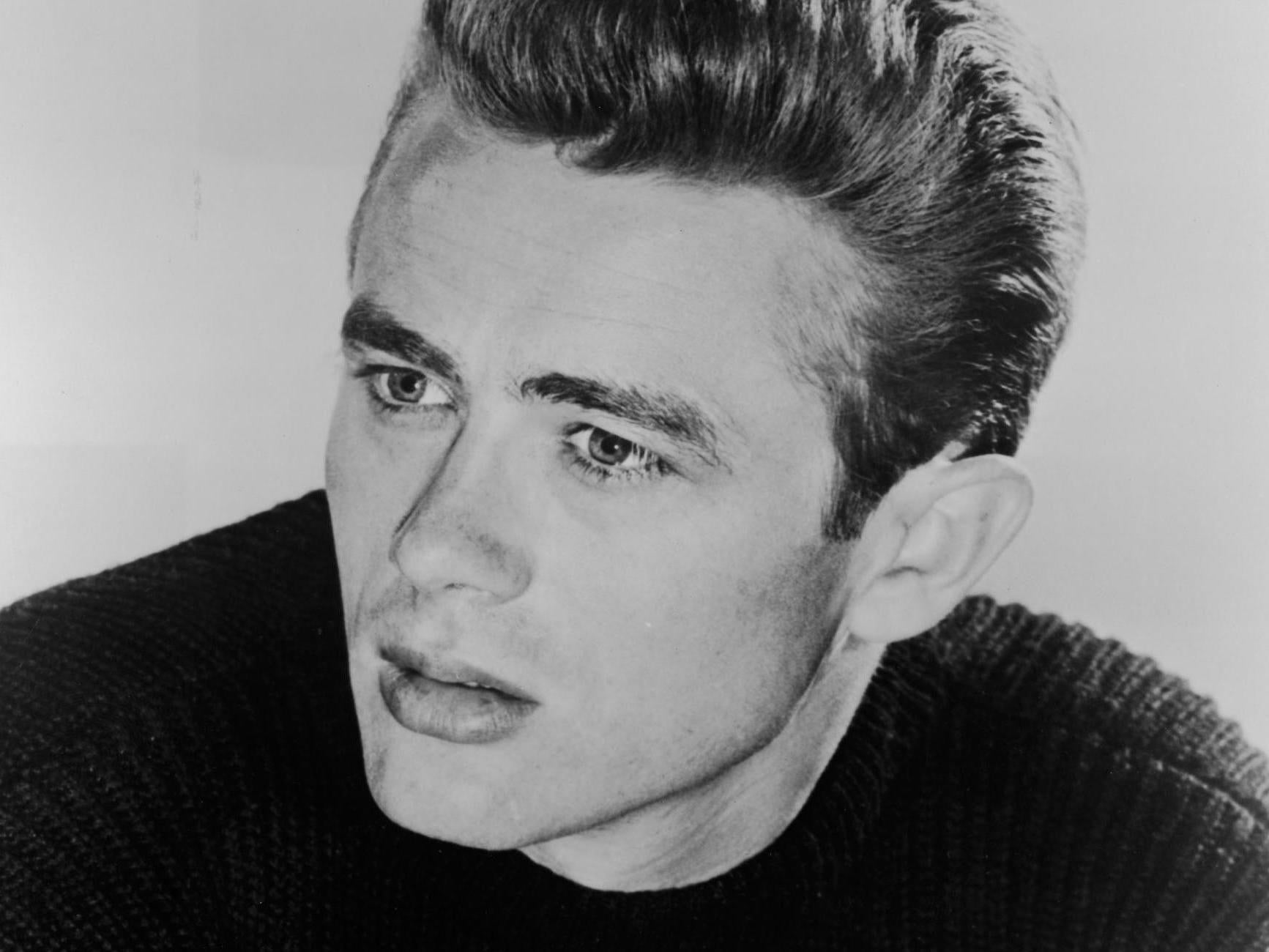Casting James Dean in a movie is about more than consent – we need to talk about the dwindling ethics of AI
The technology is clearly here to stay, but as long as it is, we need to start asking ourselves about the moral standards we apply to it


Your support helps us to tell the story
From reproductive rights to climate change to Big Tech, The Independent is on the ground when the story is developing. Whether it's investigating the financials of Elon Musk's pro-Trump PAC or producing our latest documentary, 'The A Word', which shines a light on the American women fighting for reproductive rights, we know how important it is to parse out the facts from the messaging.
At such a critical moment in US history, we need reporters on the ground. Your donation allows us to keep sending journalists to speak to both sides of the story.
The Independent is trusted by Americans across the entire political spectrum. And unlike many other quality news outlets, we choose not to lock Americans out of our reporting and analysis with paywalls. We believe quality journalism should be available to everyone, paid for by those who can afford it.
Your support makes all the difference.James Dean, who has been dead for 64 years, is set to star in an upcoming movie about the Vietnam War. According to the Hollywood Reporter, the movie, an adaptation of Gareth Crocker’s novel, Finding Jack, will feature a computer-generated image (CGI) version of Dean. “We searched high and low for the perfect character to portray the role of Rogan, which has some extreme complex character arcs, and after months of research, we decided on James Dean,” says Anton Ernst, one of the film’s co-directors.
Dean will be constructed through “full-body” CGI using archival footage from his films – he will be physically captured through the movements of an actor and voiced by another actor.
The fact that the directors couldn’t find an actor of this capability in an age where much so much untapped talent is available is questionable. But beyond that, we need to ask ourselves where we need to draw the line as far as artificial intelligence (AI) is concerned. According to Ernst, “[James Dean’s] family supports us and [we] will take every precaution to ensure that his legacy as one of the most epic film stars to date is kept firmly intact. The family views this as his fourth movie, a movie he never got to make. We do not intend to let his fans down.” But the fact remains that Dean himself never consented to being reincarnated in CGI to play the role.
Mark Roesler, CEO of CMG Worldwide, which represents Dean’s family, said of the production: “This opens up a whole new opportunity for many of our clients who are no longer with us.” CMG Worldwide seems to forget that Dean is not a client. The harsh reality of the fact is – he’s dead! The “opportunity” here has been delivered through an entirely profitable motive. Moreover, it plays further into the already skewed power dynamics of Hollywood.
In the past, when people have talked of “robots taking away their jobs”, we’ve been told that “the arts” will never suffer the same fate; about how making mistakes and being human is what makes meaningful art. But it sets a precedent for what we will allow – as moviegoers or consumers as a whole – as far as the future of AI is concerned.
If we’re sceptical of humans “playing god” as far as certain aspects of gene-editing goes, why not apply the same scepticism to the technology we consume?
We live in a highly technologically-evolved (and evolving) age: AI is clearly here to stay, but as long as it is, we need to start asking ourselves about the moral standards we apply to it.
Are we OK consuming a film, in this case, where the actor being cast isn’t (in a sense) “real”? Would the actor in question have been OK with it? To what extent can we “let” AI versions of people take the lead in a world where people are still critical of self-driving cars and similar technology?
Most importantly, we have a right to know why this, and why now? In the past, the “why” in terms of the role of AI in movies and beyond has been obvious: we “needed” CGI in Harry Potter because in reality, we don’t have magic brooms and golden snitches; self-driving cars may well serve as a popular mobility solution for disabled people in the years to come; a drone that detect and detonate landmines saves lives. Why we need lead movie roles to be played by dead actors, however, beyond how profitable it may be for film executives, is far harder to explain.
Join our commenting forum
Join thought-provoking conversations, follow other Independent readers and see their replies
Comments